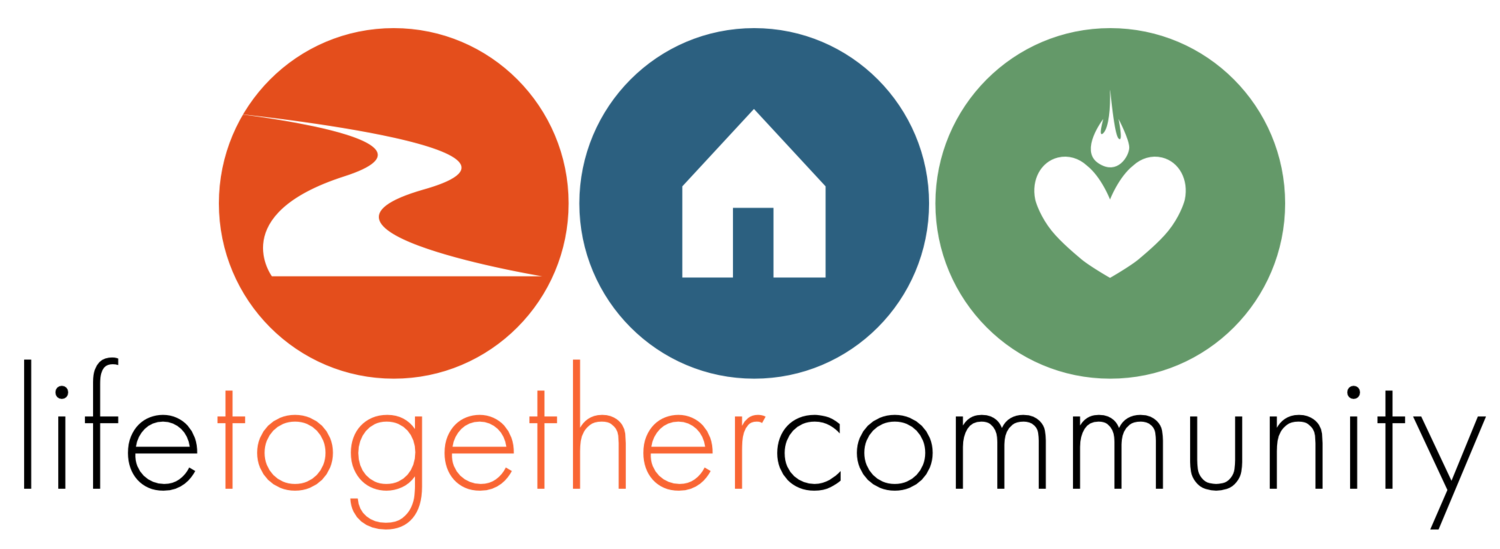Dim fluorescent lights fill the hallway with a strange glow. Clipboard in hand, I pass doors with crude decorations: stained stickers pleading “Support Our Troops,” little bundles of ribbons and flowers, and, my personal favorite, “Merry Christmas” flags and wreaths (it’s September). It’s the first time I’ve set foot in elderly public housing. I make my way to the end of the hall, where I will begin knocking on doors and slowly working my way back to the central elevator. The goal: the tenant opens the door, takes my information, and pledges to vote in the upcoming statewide election (turnout in local and statewide elections is typically dismal). My complete lack of confidence and preparedness is astounding.
I knock on each door, sometimes lightly, hoping no one answers, and move on. I speak with a few folks who are mildly interested in what I have to say, others carry on much longer, convivial conversations, probably--as I would soon learn from fellow community organizers--because I’m the only human being they would have a meaningful interaction with that day. Many seniors, especially those in subsidized, low-income housing, live in extreme isolation.
One door slowly opens to reveal a shirtless man with a bewildered expression. I launch into my spiel and soon discover he speaks what I guess to be Russian, though he seems to understand. As I make the ask he heads back to his living room to lower the TV volume, which is blasting. Before it registers in my head that he isn’t just ignoring me, his cat wanders out of the apartment and down the hall. Soon I hear indistinct yelling from a woman at the end of the hall, and I absentmindedly go to retrieve the cat. The man seems indifferent. The cat has snuck into another apartment whose occupant is furious; clearly this is not her first feline intruder. “Get that damn cat out of here!!!” she yells at me. And so I do, chasing this cat around an impossibly cluttered living room, also with a TV at max volume. After the dust settles, I find the presence of mind to tell her and the man about the election and give them the relevant information. They smile and say they might vote. I’m drenched in sweat and my bag of once orderly flyers and registration forms now resembles a paper recycling bin. One floor down, eight to go.
This get-out-the-vote work is but one small component of community organizing, and, while crucial, it feels like a far cry from the courageous power struggles of Saul Alinksy and his fellow Back of the Yards community leaders in 1930s Chicago that I had read about in college. The theory and history of organizing--the apparent answer to the endless questions posed by sociology--had indeed captivated me and, after stumbling upon Life Together online, drove me to Boston for the chance to learn it first hand. I was excited to dive into a service corps program that not only emphasized community organizing as a model of social change but also had a strong support system in place--intentional community, leadership development training, and resources for spiritual development--and was located in a hip, bustling city (where albeit I knew no one). In retrospect it was a pretty loud shot in the dark, but I felt confident in my research. My interview with Massachusetts Senior Action Council sealed the deal.
Now I am several days away from the end of this two-year long journey, and it has been a spectacular ride (As the seniors say, “I don’t know where the times goes, but I know it doesn’t come back”). The door-knocking, cat-chasing initiation ritual has been followed by countless, alternately exhilarating and frustrating (but almost always moving) moments with senior activists at Mass Senior Action. Working to help them organize, educate, and empower themselves has been the most challenging and life-giving experience of my life. I've learned a ton about how to build long-term, grassroots power and the importance of stories and relationships. Above all I’ve learned that people, when informed and united, can fight for their rights and well-being, can change society, even if the very first baby step is filling out a voter registration form. What the books couldn’t teach me was the sheer difficulty of bringing people together to change society, and the emotional and physical toll the work can take. Then there’s the problematic nature of a transient, privileged young man taking on an organizer role, but that’s for another reflection.
Through Life Together I’ve had the space and the community to process my experiences as a spiritually curious, nascent activist and intellectual. I’ve received access to tools and chances to grow as a leader, from practicing non-violent communication and facilitating meetings to “playing my side”: assessing how my identities interact and play out in the world and among my fellow activists. I’m incredibly grateful for the people I’ve met in Boston, and I am nervous and happy to be staying on full-time at Mass Senior Action, to learn more about strategies and methods to attain social justice for our human family.
The Life Together Community has been a vessel of love and self-exploration, and while I am sorry to leave it behind, I know it will never be far from my heart. I know myself better, including how my gifts can meet the world’s needs in ways that bring me joy and a feeling of authenticity. And, perhaps most memorably, I’ve learned that popular peoples’ movements require chasing the occasional cat around a hoarder’s apartment. Here’s to the next chapter.
Justin is an outgoing Emmaus Fellow and works at Massachusetts Senior Action Council.

